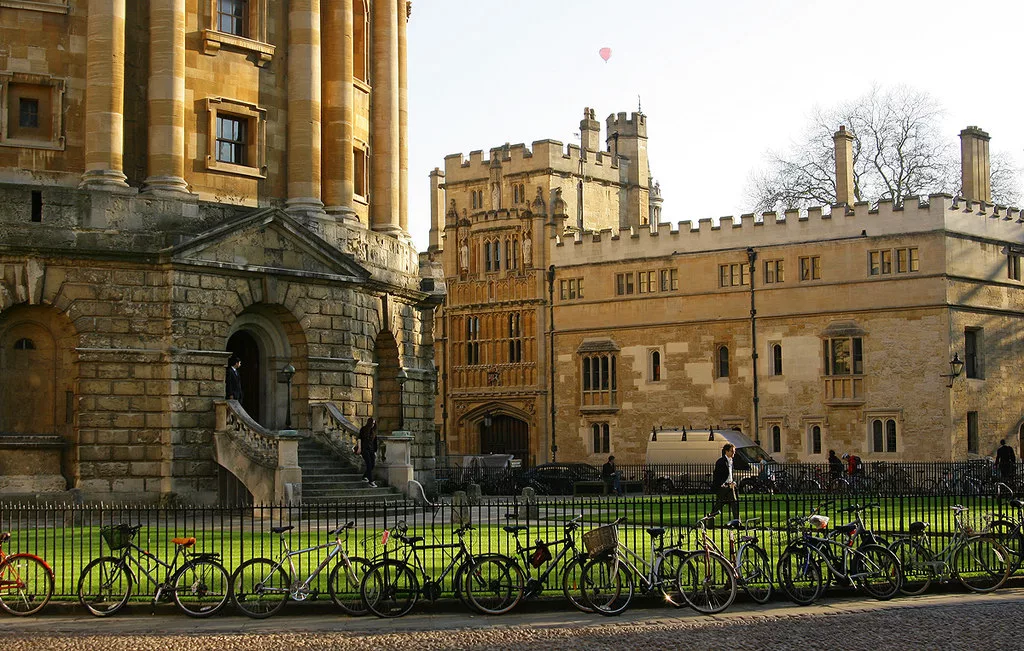A decision on the expansion of the Zero Emission Zone (ZEZ) is expected in the Spring at a meeting of the county council’s cabinet. Emissions charges are set to double under the proposed changes, and the zone would be expanded to include the wider city centre.
The expansion is likely to go ahead – having been in the council’s plans for a few years – and follows the introduction of a pilot ZEZ in February 2022 covering a few streets in the centre of Oxford.
According to a recent city council report, transport is the second largest contributor to carbon emissions in Oxford, responsible for 17% of total emissions. By expanding the ZEZ, the council hopes that expanding the ZEZ will reduce this factor.
Consultation has been ongoing with local communities, businesses, and the public to shape the changes, and Councillor Judy Roberts, Cabinet Member for Infrastructure and Development Strategy, will hold a key role when the final decision is made.
Under the current pilot scheme, charges – which apply from 7 am to 7 pm – vary between £2 and £10 depending on the type of vehicle. These are set to double under the proposed changes: vehicles that produce zero emissions or have special permission would remain exempt from charges. Automatic number plate recognition cameras would be used to enforce the charges.
Money raised from fines would be used to fund further infrastructure (e.g. Electric Vehicle (EV) charging points) and to improve the public transport network, aimed at helping the city progress closer towards its upcoming emissions targets.
The policy has received backlash from local residents. There are concerns that the ZEZ might increase journey lengths for citizens who can’t afford the fines and would therefore disproportionately affect poorer citizens. Taxi drivers have noted that the disruption to their routes due to the ZEZ is causing them to increase their charges.
These proposed measures are part of a wider Oxford Electric Vehicle Infrastructure Strategy (OxEVIS) in response to the government’s “Taking Charge” guidance under which local authorities have been encouraged to “develop local EV chargepoint strategies as an immediate priority.”
The vision for the council’s strategy is to “Progress Oxford’s leadership in the transition to a sustainable, decarbonised transport system through the delivery of a fair, sustainable, accessible and equitable network of EV charging infrastructure.”
The strategy centres on reducing car ownership; other parts of the plan include the new fleet of battery-powered buses to be introduced this year. If the ZEZ is introduced, it is intended to play a key part in this reduction. Oxfordshire is also a leading council in terms of EV uptake with one in five new cars fully electric.
If the plan goes forward, the council would offer up to 100 day passes each year which would allow local residents to pass through the traffic filters. Yet, the Oxford Business Action Group is concerned that “without extensive exemptions provided, the ZEZ charges essentially amount to a business tax” and that “the roll out will surely have a huge, negative impact on the economic activities of the city at a time when [local businesses] are already struggling.” Particular concerns from local businesses include disruption to deliveries and reduced customer footfall.
While other cities like London, Birmingham, and Bristol have already introduced low emission zones, Oxford is the first city in Britain to introduce a ZEZ. Back in August last year, plans to introduce a ZEZ in London were scrapped, with central London instead instituting an Ultra Low Emission Zone (which has fewer restrictions).


